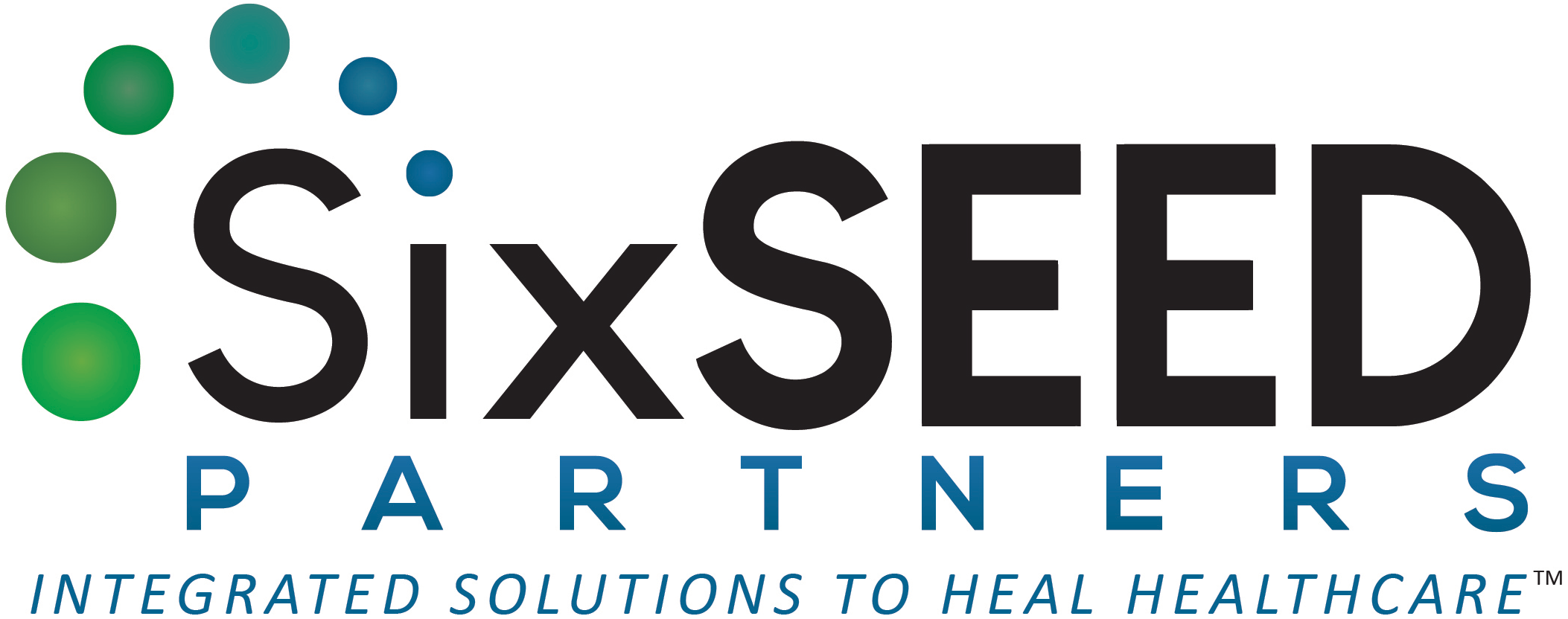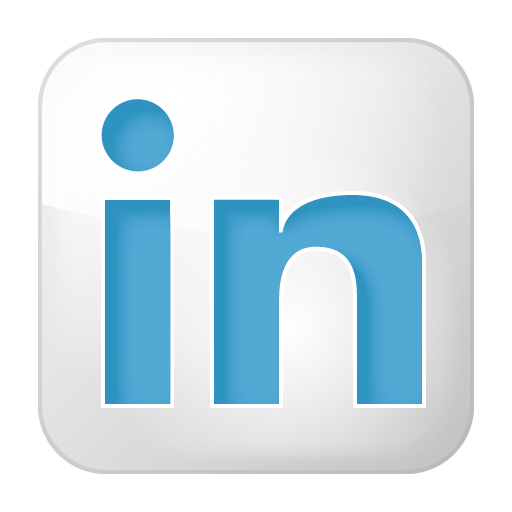Owning Your Own Power as an Individual Leader
By:Joy Goldman RN, MS, PCC: CEO SixSEED Partners, BSN, ACC
Background:
As a healthcare executive, you are called to be able to lead yourself and lead others. For some physician and nursing leaders, particularly those coming from more team-oriented medical practices, like the Emergency Department or Behavioral Health, this shift can be daunting. Additionally, as the workplace mirrors a melting pot of diverse cultures, we also find a blend of those who prefer decisive/ individual leadership and those that prefer collaborative/ team-based leadership. Effective leaders know how to leverage both poles.
Strategy:
In our work with two physician female leaders, we noticed both struggling with this challenge of leveraging both individual assertion- owning their power AND collaboration- shared decision -making. Both of these leaders had strong inner critics that eroded their confidence and interfered with their execution of job responsibilities. For one, as a new hospital entity, CEO, and one taking over an organization where the prior CEO had a decades-long tenure, she was reluctant to assert her individual power in fear of resistance from the existing leaders. For another, her cultural upbringing promoted an overdone respect for authority where navigating power with direct reports was a challenge.
The Solution:
For both of these leaders, the coaches affirmed their strength while also encouraging them to lean in to their lesser preference. For the CEO, she acted on her assessments of what she needed in her executive team and was able to respectfully and assertively make changes in her executive leadership team. For the emerging physician leader, she was able to respect her cultural upbringing while also leveraging power with others where she was more open to feedback and other perspectives, allowing for a more cohesive team.
Impact:
These mindset and behavioral shifts created more prompt and impactful leadership with less wear and tear on the physician leaders. How are you and your organization leveraging these individual and collaborative tensions? What do you notice about our country’s capacity to do this and how does that impact you and your community? We’d love to hear your thoughts.
You can let us know by going to www.sixseedpartners.com/contact.


